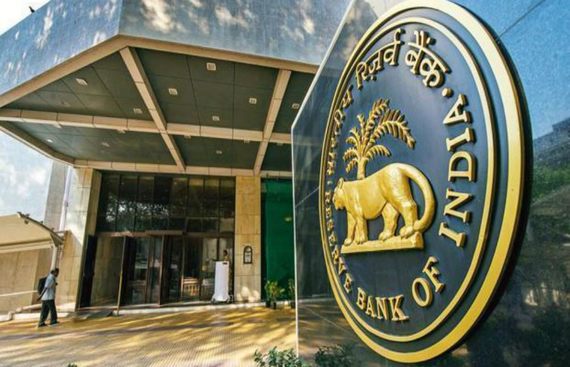RBI Intends to Assess Impact of Pandemic on Business Correspondents
By
siliconindia | Monday, 28 September 2020, 07:49 Hrs

The RBI has planned to make an assessment of the impact of the COVID-19 pandemic and its resultant pan-India lockdown restrictions on the Business Correspondents (BC). This step is taken after the central bank learning that the BCs of some of the banks were majorly inactive which has negatively affected the delivery of financial services.
However, the RBI has demanded details from banks pertaining to the impacts of lockdown restrictions on services and other activities of the BCs, cash management, and customer grievance at BC outlets, and many more.
The central bank has underscored the significance of BC business, especially in the present pandemic scenario the need to ensure the availability of banking services to the customers. Although, the BCs are the retail agents engaged by banks for providing banking services at locations apart from banks and ATMs. They offer 'cash in - cash out' transactions nearer to the customer.
According to RBI data, as of March 2019, the number of BCs in villages and urban locations stood at 5,41,129 and 4,47,170 respectively. The banking regulator has requested inputs on the effect of lockdown restrictions in services or activities of BCs through business (account opening, transactions, and other activities), migrant workers and joblessness, BC business in rural areas, and movement of BCs during the lockdown.
Also, the central bank would learn if there is an adequate supply of cash and the status of insurance of cash in transit and cash at hand. The RBI would even gauge the incidents of failed transactions and reverse it. RBI would further take a close look at the criteria adopted by banks for classifying BCs as inactive and redressal of technical issues.
Moreover, BCs are permitted to perform diverse activities including identification of borrowers; including verification of primary information/data; collection and preliminary processing of loan applications, creating awareness about savings and other products and education and advice on managing money and debt counseling; post-sanction monitoring; and follow-up for recovery.
The bank's scope of actions also includes disbursal of small-value credit; recovery of principal/collection of interest; sale of micro insurance/ mutual fund products/ pension products/ other third-party products; collection of small value deposits; and receipt and delivery of small value remittances/ other payment instruments.
